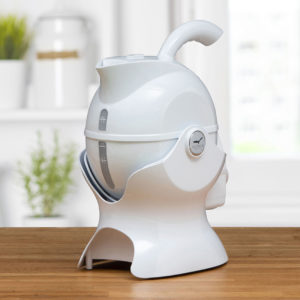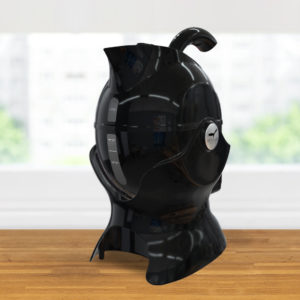Thursday the 30th of May is World MS Day. It’s a day dedicated to celebrating global solidarity and hope for the future. The theme for the last 2 years has been around ‘making connections’. It’s a fitting theme since COVID-19 shattered our norms and how we interact with our community.
The MS Connections campaign is all about:
- Community connection
- Self-connection
- Connections to quality care
The main aim is to challenge the social barriers that leave those living with or affected by MS feeling lonely and socially isolated. This campaign advocates for better services, celebrates the support networks and champions self-care. With that in mind, it’s a good idea to know all you can about MS.
What is MS?
Multiple Sclerosis is a condition that affects your central nervous system or CNS. Your CNS is made of your brain and spinal cord and this controls all of your body’s actions and activities. This includes any movement, your senses and cognition.
Your central nervous system does this by sending messages all a network of nerves, which are covered in a sheet of Myelin (fatty layer).
Where MS develops is when your own body’s immune systems mistakenly attacks the Myelin sheet thinking that it is a dangerous foreign substance, like a virus or bacteria.
Around 110,000 people are living with MS here in the UK today.
That’s near 5,200 new cases diagnosed each year!
Multiple Sclerosis can occur at any age. However, they signs and symptoms are more obvious in those between the ages of 20-40. MS is a lifelong condition but it is not terminal.
For some, the progression of their MS can be slow and it won’t affect their day-to-day lives as much. Sadly, for others the progression can be quick and this can greatly affect their overall quality of life.
Are There Different Types of MS?
There are 4 different types of Multiple Sclerosis, each with its own characteristics. Knowing what type of MS you have from the beginning can be tough, but your doctor will be able to analyze and diagnose for you.
Relapsing-Remitting MS (RRMS)
The most common type of MS. This is where you will experience attacks as your symptoms flare up. These attacks are also known as ‘relapses‘. After the relapse, there is some time of recovery where you may not experience any symptoms and this is called ‘remission’.
The length of relapses and remission is different for everyone so it can be hard to say how long they can last.
Just like arthritis, the symptoms experienced can vary from person to person. The symptoms you experience can really depend on the area of your CNS that has been damaged.
You may experience symptoms such as:
- Depression
- Difficult time focusing or thinking clearly
- Dizziness
- Eye pain and double vision
- Stiffness
- Numbness
Secondary Progressive MS (SPMS)
This type generally starts off as RRMS and then progresses to SPMS. Around 80% of those with RRMS eventually develop into SPMS.
This can mean that the relapses and remissions you experienced can change into regular symptoms that can get worse over time. The change from RRMS to SPMS can be subtle and very difficult to diagnose, even for doctors. Below is a list of symptoms that may help:
- Further weakness and trouble with coordination
- Stiff and tight leg muscles
- Bowel and bladder problems
- Harder time with sleep, thinking clearly and depression
Benign MS
About 5-10% of those living with Multiple Sclerosis have benign MS. It is a form of the condition where you can live with it for many years without ever developing any severe symptoms that would affect the day-to-day.
Primary-Progressive MS (PPMS)
This is different from the others. What we mean here is that right from the off, the very first symptom experienced is progressive. The symptoms experienced gradually get worse over time, instead of appearing and disappearing like relapses and remission.
PPMS main affects the nerves in your spinal cord and the most common symptoms can be:
- Weak, stiff legs
- Problems walking
- Trouble with balance
- Speech or swallowing issues
- Vision problems
- B ladder and bowel problems
How Can You Treat MS?
Sadly, there is no known cure for MS, but it is possible to treat the symptoms with medicines and other treatments. Of course the treatment options depend on the specific symptoms and difficulties each person has.
This can include:
- Treating specific symptoms
- Treating relapses of the symptoms with steroid medicine
- Treatment options to help reduce the number of relapses a person may have with disease-modifying therapies. .
The use and benefits of the above treatments can differ from person to person due to the unpredictable nature of MS but there are treatment plans out there and an amazing support network. Check out MS UK for more information and guidance.
How Can The Uccello Kettle Help?
When it comes to adapting or making a change so that your day-to-day isn’t affected as much, there is daily living aids and assistive technology options. Think about a crutch, wheelchair or walking stick for when your muscles tighten or feel stiff.
Then there is assistive technology like our Uccello Kettle. With its tilt to pour action, it will have you feeling safer, confident and independent in the kitchen.













Leave a Comment